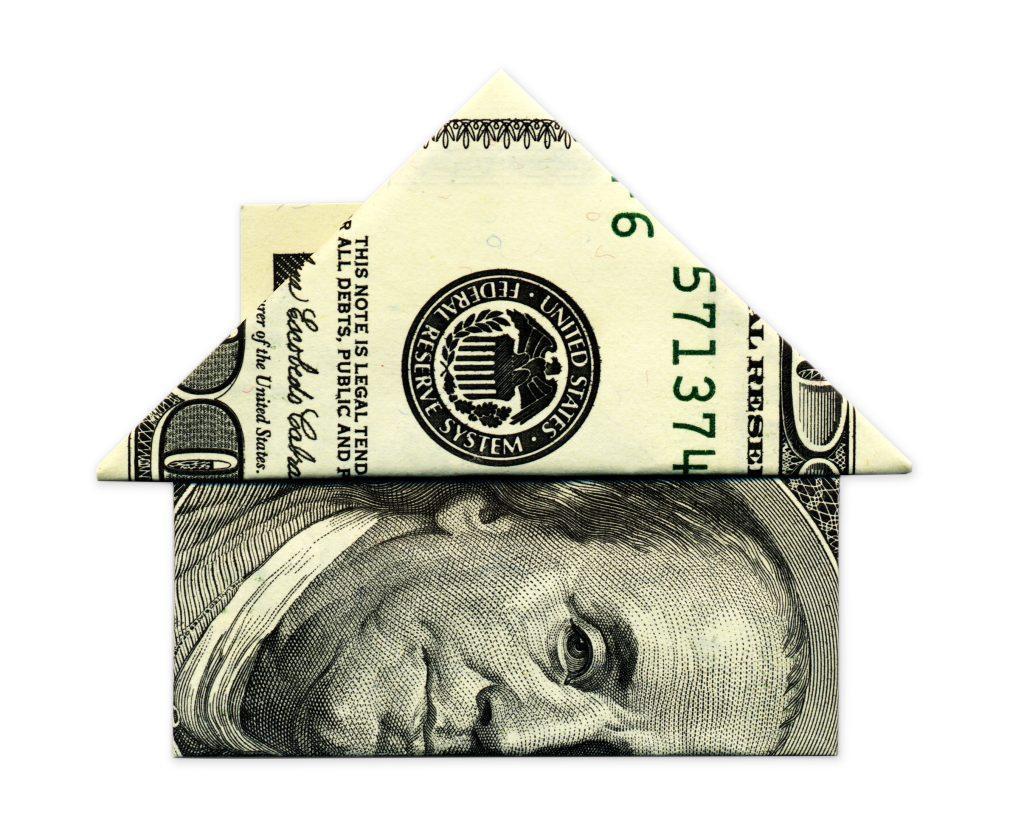Both personal loans and home equity loans can be used to cover various expenses, whether you need extra cash for a large purchase or want to fund a home project.
Each type of loan has unique advantages, so it’s worth comparing personal loans vs. home equity loans to see which will work best for you.
Features Of Personal Loans
Of the two, personal loans are more straightforward. You apply for a loan, your lender reviews your credit information and borrowing history before they can decide on an approved amount.
Typically unsecured
In general, personal loans tend to be unsecured. That means you don’t have to offer collateral for them, though your lender might ask for it if you need to borrow an especially large amount.
Loan amounts & terms
Personal loans can be used to cover fairly large expenses, with loan amounts averaging around $15,000. Lenders often have maximum limits on loans.
For instance, HFS offers personal loan amounts up to $25,000, with a further review necessary for any amount beyond that.
These types of loans also frequently feature fixed rates for 12 to 60 months. Rates increase with longer loan terms.
Quick approval
The approval process for personal loans offers relatively low hassle for borrowers. Simply fill out the necessary paperwork, and your lender will review the information. In some cases, you can get approved the same day, making a personal loan a great way to handle emergency expenses.
Most common uses
Personal loans are most commonly used for large purchases or unexpected expenses, or to cover home improvements. Many people also use them to consolidate high-interest credit card debt, benefitting from the lower rates and potentially longer terms of personal loans.
Features Of Home Equity Loans
A home equity loan differs from a personal loan in that you use the equity built up in your home (i.e. the amount of your mortgage you’ve paid off) to secure the loan.
Secured with equity
As you pay off a home loan, you build up equity, which is essentially the amount of your home that you’ve paid off, or officially “own.” Homeowners can use that equity as collateral in a loan. These loans are also referred to as “second mortgages,” and they function more or less the same way mortgages do.
Loan amounts & terms
The amount you can borrow with a home equity loan is based on the equity you’ve built up. Because of this, if you’ve built up, say, $100,000 in equity, you’d theoretically be able to borrow up to $100,000.
Of course, there are other factors at work as well. The loan-to-value (LTV) ratio of your combined debt could limit the amount you borrow, especially if your home has dropped in value. If the amount you owe on your mortgage plus the equity loan would come out to more than your home is currently worth, it could be denied. Alternatively, if the amount you borrow would produce a lower LTV, you’d likely get better rates.
Home equity loans usually have longer terms than personal loans, potentially reaching up to 30 years. That makes repayment a bit more flexible, though it does mean you could be in debt for a longer time.
Extensive approval process
One of the drawbacks of a home equity loan is the fact that it’s treated as a second mortgage. That means your home needs to be appraised and the loan will go through a full underwriting process before it’s approved. In some cases, it could take over a month for you to get approved.
Most common uses
Home equity loans are often used for home improvements, pay for large expenses like education or medical bills, or to consolidate debt. Home equity loans tend to have lower interest rates than personal loans, meaning they can be a great way to pay off high-interest debts.
Personal Loans vs. Home Equity Loans – Which Should You Choose?
The type of loan you choose will depend on the benefits you desire. The financial needs of one person will vary greatly from those of another, and some types of financing will make more sense than others, so you want to select what works best for you.
Advantages of personal loans
The advantages of personal loans include:
- No need for a house or equity
- Fast approval
- Easier to get smaller loan amounts
- Minimal risk to your personal property
Advantages of home equity loans
On the other hand, the advantages of home equity loans include:
- Longer loan terms
- Potentially higher loan amounts
- Lower interest rates
- Potential for tax deductions
Deciding Between Personal Loans vs. Home Equity Loans
If you have a home and high borrowing needs, a home equity loan is likely the best choice. However, if you only need a minor injection of cash, a personal loan will get you the funds you need without the hassle of a prolonged approval process. Likewise, if you don’t have a home or a ton of built-up equity, a personal loan is your only option between the two.
As a member of HFS, you can access expert advice on these borrowing options and guidance on which type of loan is best for you.
Learn More About Personal Loans
Learn More About Home Equity Loans

